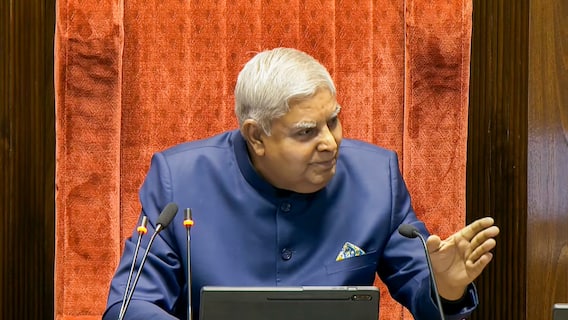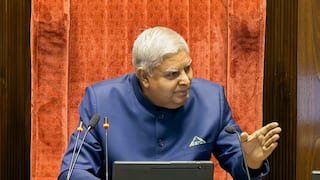No Tax! Here’s Why Citizens Of THIS State Do Not Pay Any Income Tax To Govt
Sikkim, formerly a kingdom, was incorporated into India with the agreement that its existing laws and special status would be preserved

As the income tax debate continues after Finance Minister Nirmala Sitharaman's announcement of the Union Budget 2024, it is worth everyone’s attention that there is a state in India where citizens are exempt from paying income tax, Sikkim. The state, which was formerly a kingdom, was merged with India in 1975 and became India's 22nd state.
Sikkim History With Tax
Sikkim was incorporated into India with the agreement that its existing laws and special status would be preserved. Prior to joining India, Sikkim had its own tax system, and its residents were not subject to Indian income tax laws. As a result, this northeastern state has adhered to its own Sikkim Income Tax Manual of 1948, which has governed tax regulations since 1975. According to this rule, residents of Sikkim are not required to pay taxes to the central government.
To uphold this historical agreement and respect the merger terms, the Indian government granted a special income tax exemption to Sikkimese individuals.
The exemption is legally mentioned in Section 10(26AAA) of the Income Tax Act, which states that income earned by Sikkimese individuals from sources within Sikkim or from dividends or interest on securities is exempt from income tax. A "Sikkimese" individual is defined explicitly as someone who was domiciled in Sikkim immediately before its merger with India, among other criteria.
Also Read : Black Money Act: Tax Clearance Certificate Not Required For All Travellers. Govt Clarifies After Outrage
Changes In The Income Tax Act
However, in 2008, the Union Budget repealed Sikkim's tax laws, further solidifying the state’s residents' exemption from income tax under Section 10(26AAA) of the Income Tax Act. This provision preserves Sikkim's special status under Article 371(f) and benefits over 94 per cent of its population. In 2013, the Association of Old Settlers of Sikkim (AOSS) challenged the exclusion of "old Indian settlers" who had moved to Sikkim before its 1975 merger with India.
The Supreme Court responded by directing the state to amend Section 10(26AAA) to include all Indian citizens domiciled in Sikkim as of April 26, 1975, thus extending the tax exemption to them as well.
Additionally, the market regulator SEBI has exempted Sikkim residents from the mandatory PAN requirement for investing in the Indian securities market and mutual funds.
Trending News
Top Headlines






































